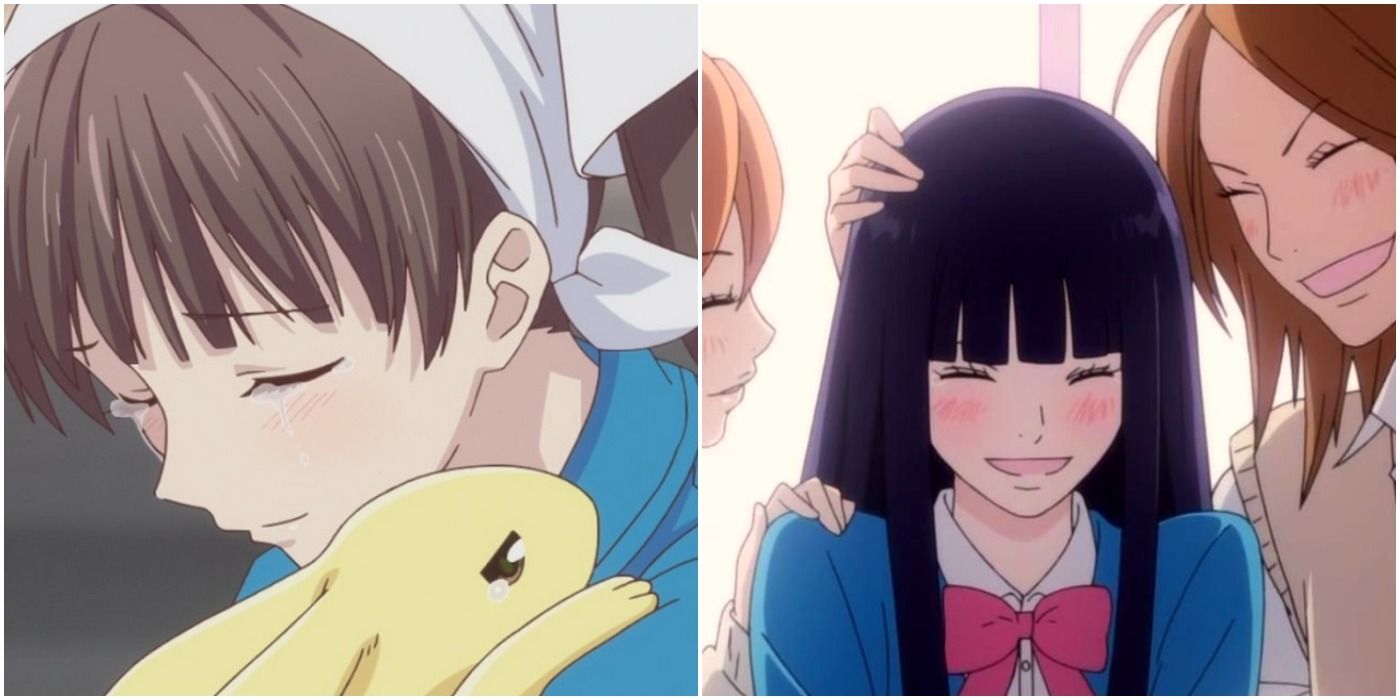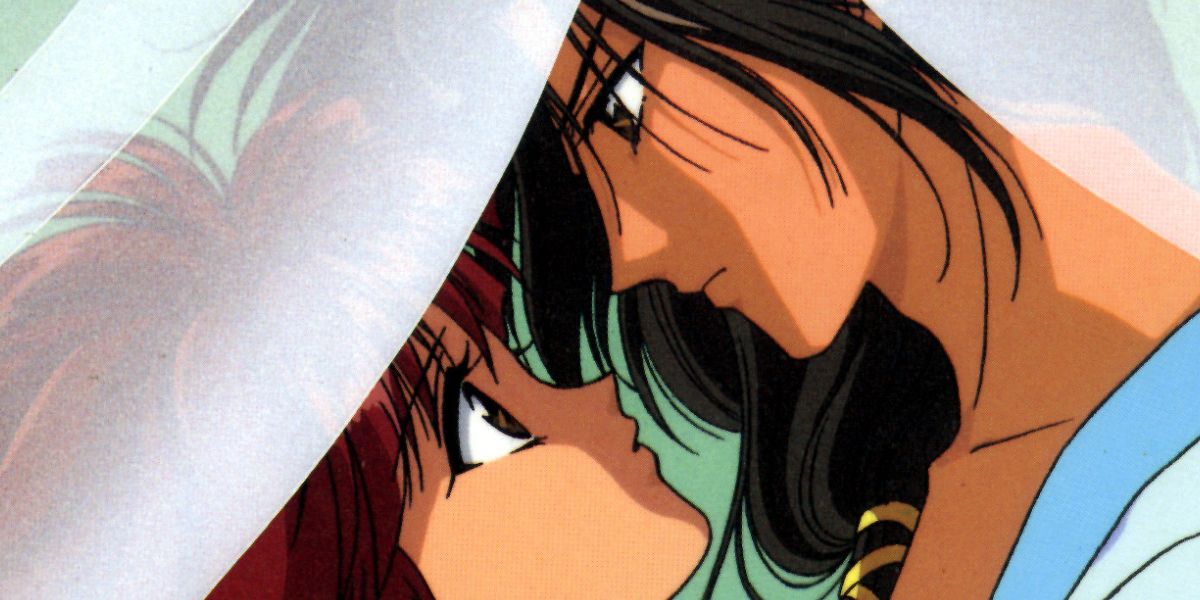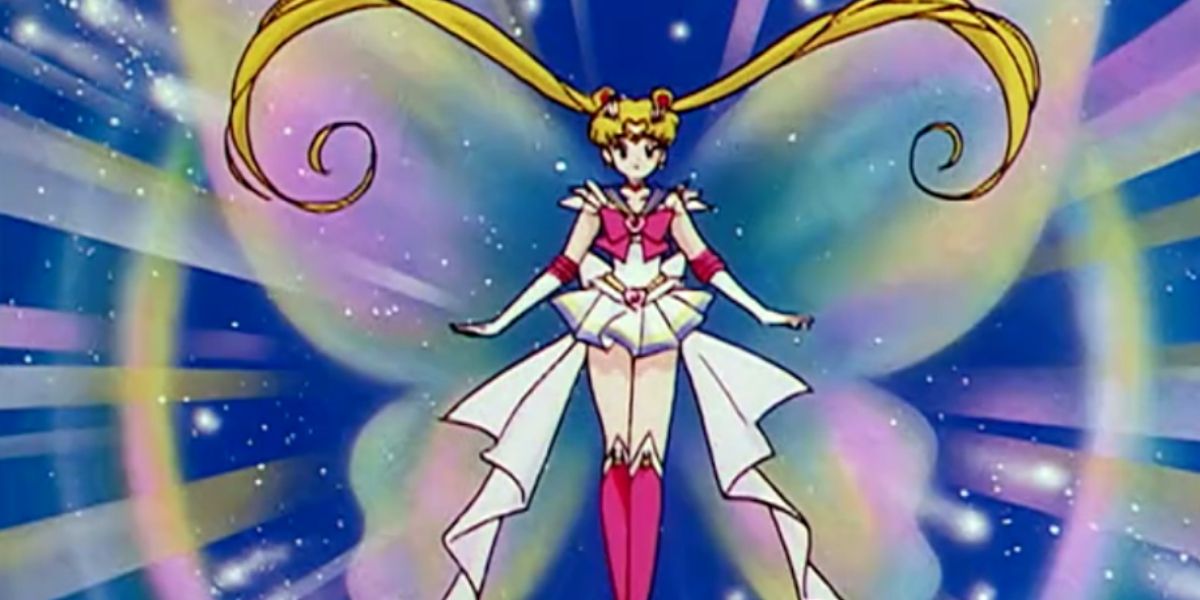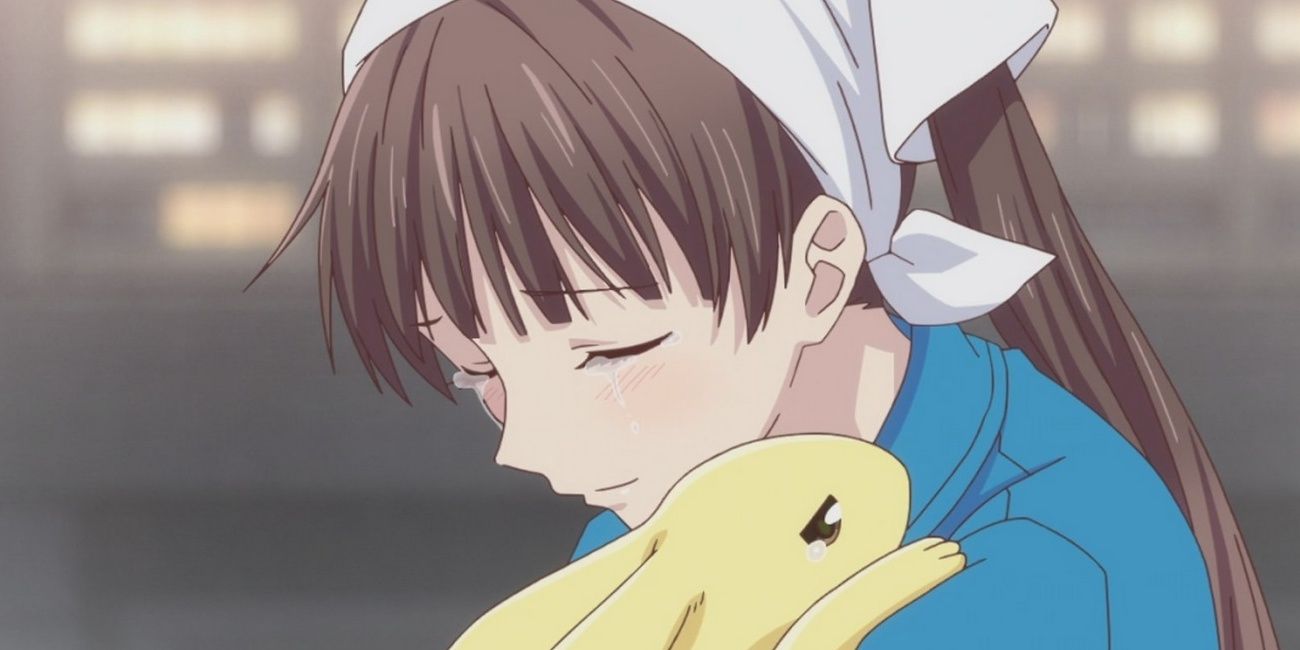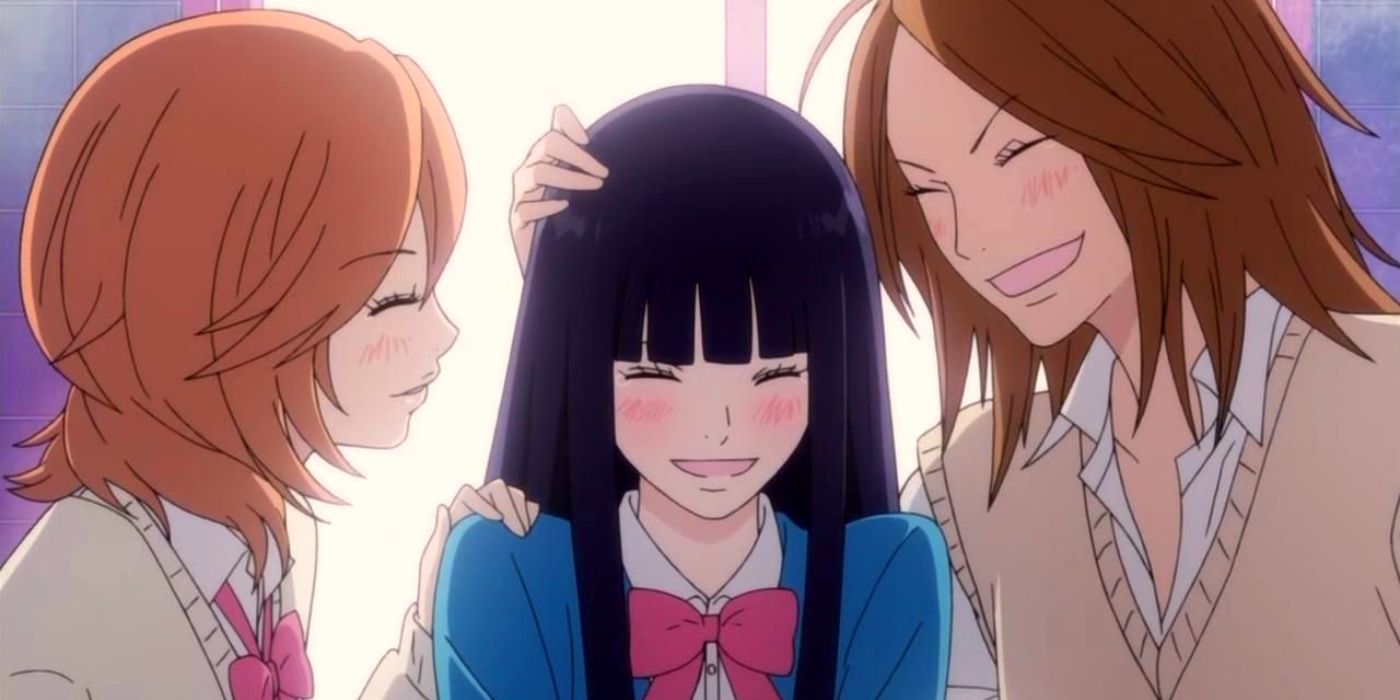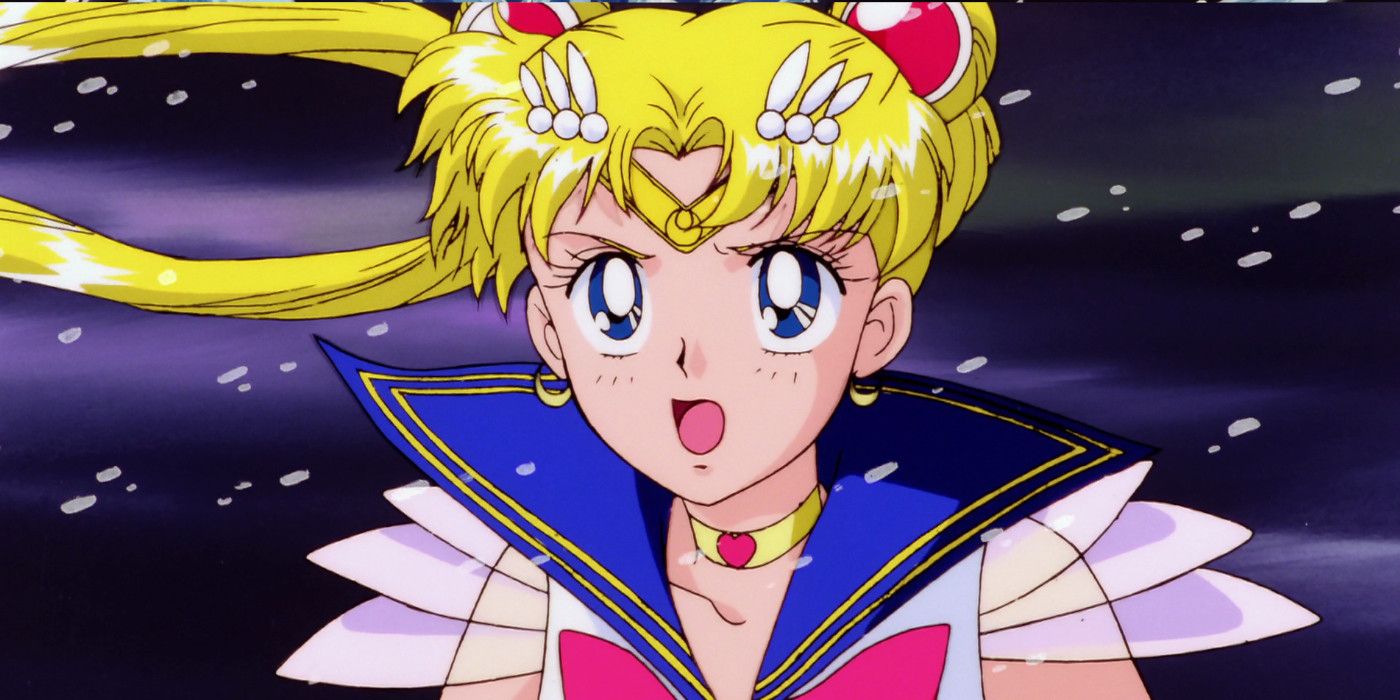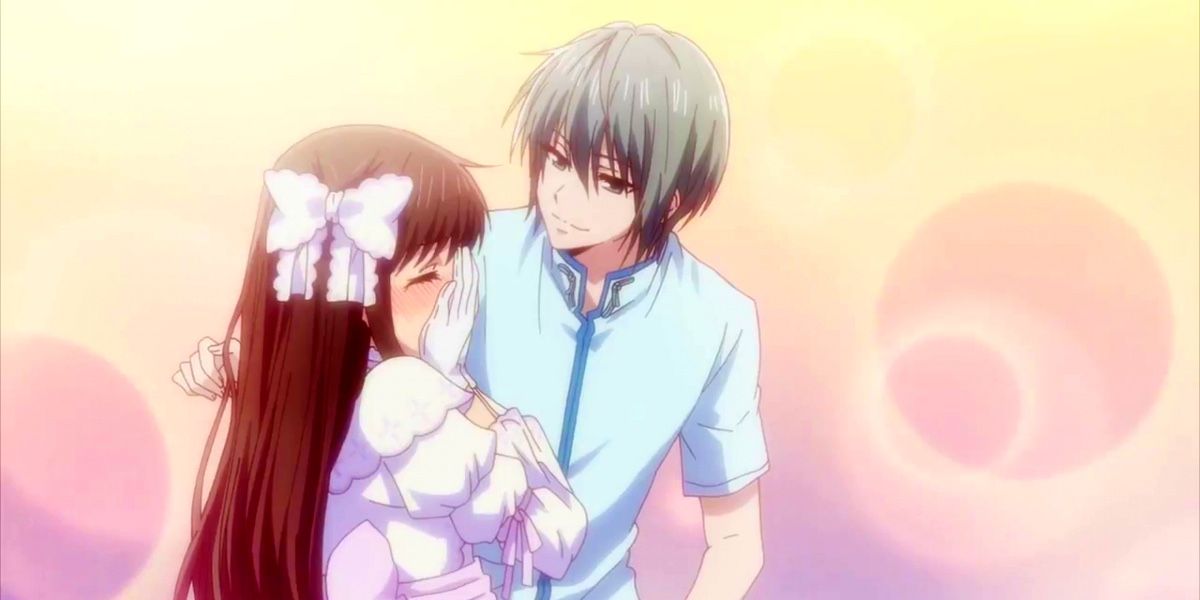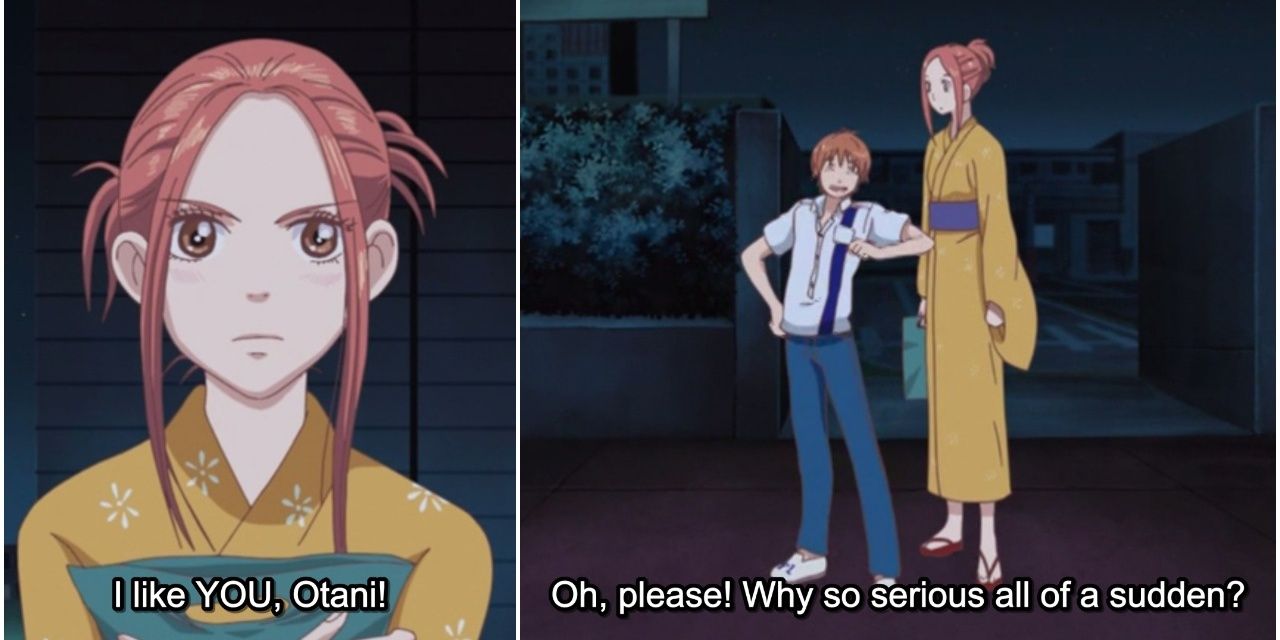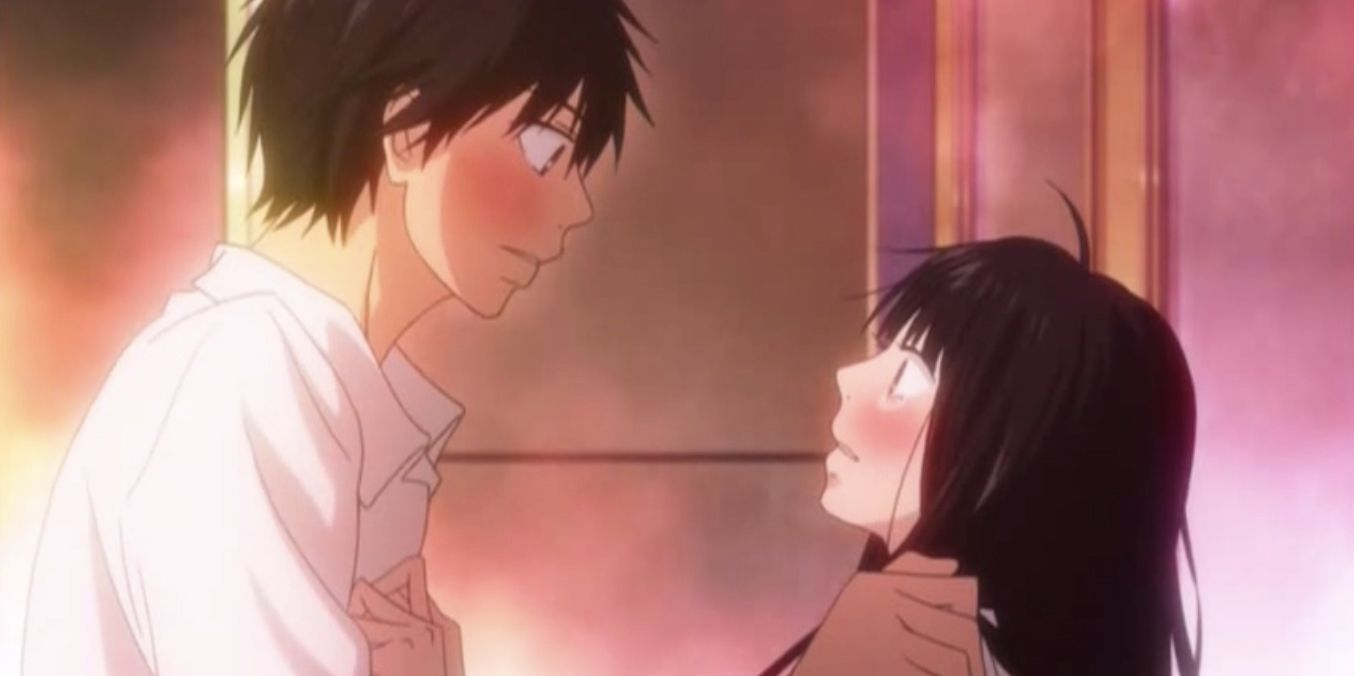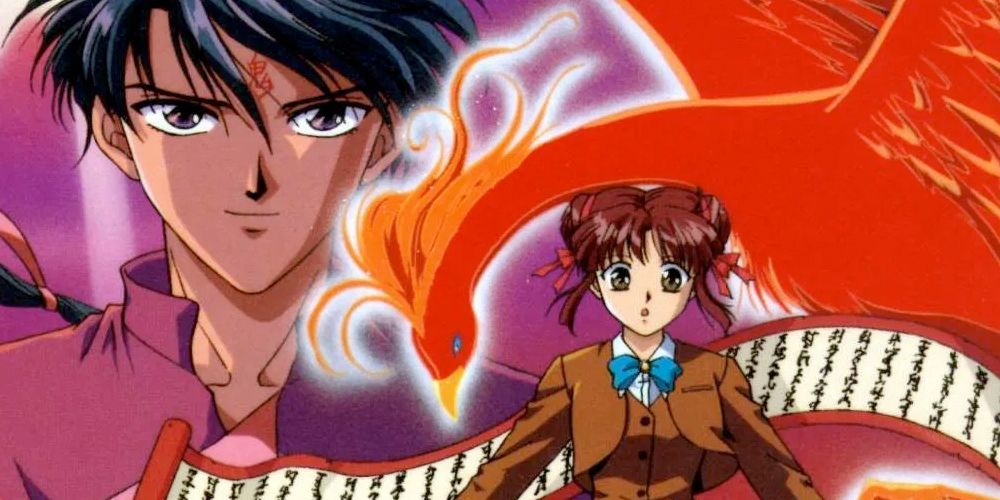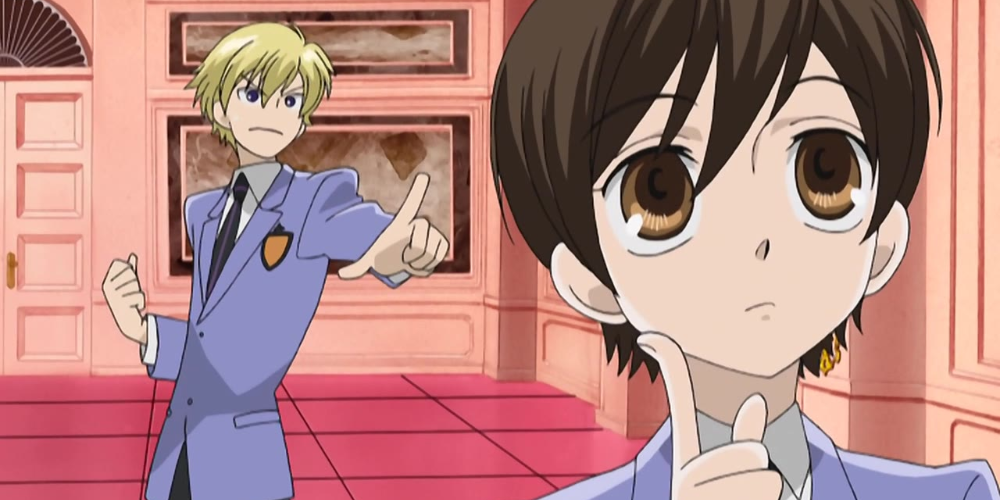Shojo manga and anime have been a staple since at least the 1950s, and the genre has seen a lot of radical changes along the way. Once a medium dominated by men, women eventually worked their way into the manga industry and began creating shojo manga by the end of the 1960s.
The genre saw another shift in style and content in the 1970s when classics such as The Rose of Versailles were created. Modern shojo series owe a lot to their predecessors, including the common tropes that are associated with shojo protagonists. Even the more argumentative shojo protagonists are pure-hearted and selfless at the end of the day, despite the downsides of their narrative journeys.
10 HARSH REALITY: The Protagonist Is Frequently In A Complicated Romantic Situation
Not every shojo story necessarily focuses on romance, but romance is often involved somewhere in the narrative. For shojo stories that do focus on romance, the romantic situations are almost always complicated in one way or another. More often than not, the female lead in a shojo series has to deal with more than one suitor who wants their attention. Miaka Yuki's romantic dilemma in Fushigi Yuugi is a classic example of the kinds of complicated romantic situations shojo protagonists often find themselves in.
9 PERK: The Protagonist Might Be A Magical Girl With Impressive Powers
Sailor Moon is easily considered a shojo anime and manga classic, especially considering how it revitalized and shook up the shojo genre at the time it was released. The magical girl premise of Sailor Moon is exactly what set it apart from its predecessors, as the female characters were empowered rather than treated as helpless or docile. While magical girls do have important challenges to overcome, it's undeniably cool to see magical girls with amazing powers saving the world.
8 HARSH REALITY: The Protagonist Usually Has Some Kind Of Heavy Task To Deal With
Even shojo protagonists who aren't fighters or magical girls often have some kind of arduous task or mission to complete. Tohru Honda in Fruits Basket, for example, tasked herself with finding out how to break the Zodiac curse and free the cursed Sohmas from centuries of loneliness. Another example includes Miaka from Fushigi Yuugi, who had to embrace her role as the Priestess of Suzaku and prevent the Universe of the Four Gods' world from ending.
7 PERK: The Protagonist Forms & Strengthens Bonds With Old & New Friends
Just like with shonen series, friendship also features strongly in shojo anime and manga, but with a different focus. While shonen series focus on how friendship makes them physically and spiritually stronger because they challenge each other, friendship in shojo series is often focused on acceptance and understanding.
Kimi ni Todoke is a fan-favorite shojo romance series that's all about Sawako Kuronuma making friends and gaining the acceptance and understanding she so dearly craved. The slow-burn romance might be the focal point, but friendship plays an equally important role.
6 HARSH REALITY: The Protagonist Is Probably In A Dangerous Or Stressful Situation
Shojo stories cover a wide variety of premises and themes, but they tend to share at least one thing in common: Most shojo protagonists find themselves in dangerous or stressful circumstances, even if the series isn't focused on action. Tohru is voluntarily homeless and living in a tent at the beginning of Fruits Basket, and she finds herself at the mercy of Akito Sohma's jealousy more than once. Meanwhile, Miaka has to contend with Seiryu's Celestial Warriors in Fushigi Yuugi, and Usagi Tsukino regularly fights evil forces in Sailor Moon.
5 PERK: The Protagonist Can Easily Win People Over & Make Them Smile
Even the most abrasive shojo protagonists frequently have a softer side that makes them endearing to other characters. Misaki Ayuzawa from Maid Sama! is a great example of an abrasive shojo protagonist who still manages to impress other characters with her exemplary work ethic and determination. On the opposite end of the spectrum, Sakura Kinomoto from Cardcaptor Sakura is an example of a pure and sweet-hearted shojo protagonist who thrives on making those around her happy. And in the middle are characters like Fruits Basket's Tohru with her heartwarming humility.
4 HARSH REALITY: The Protagonist's Love Interest May Be Dismissive Or Oblivious
It's common for many shojo protagonists' love interests to be unaware of the protagonist's feelings about them. Tohru arguably falls in love with Kyo Sohma partway through Fruits Basket, but Kyo is so oblivious that he doesn't act on his own feelings until much later.
In the case of Lovely Complex, Risa Koizumi confesses to Atsushi Otani, but he thinks it's a joke at first. And Miaka from Fushigi Yuugi struggles to get Tamahome's attention since he's more focused on helping his family.
3 PERK: The Protagonist's Love Interest Will Probably Return Their Feelings
Even the most dense love interest usually realizes that the shojo protagonist has been trying to earn their affection. Some love interests are gallant and accepting, like Tamahome from Fushigi Yuugi. Others take the opportunity to surprise the protagonist by confessing first, as evidenced by Shota Kazehaya in Kimi ni Todoke. In especially dramatic shojo romances, the love interest might try to self-sabotage and protect the shojo protagonist from themselves, like Kyo in Fruits Basket. In some cases, the shojo protagonist even finds a new love interest during the story.
2 HARSH REALITY: The Protagonist May Have To Sacrifice Themselves For Their Goals
Shojo protagonists sacrificing themselves for the greater good is a common trope in battle-themed shojo stories, but sometimes it can feature in non-battle stories as well. Usagi and the rest of the Sailor Scouts in Sailor Moon regularly put their lives on the line when protecting Earth. Miaka likewise agrees to summon the beast god Suzaku even when she learns it could cost her life to do so in Fushigi Yuugi. And Tohru knowingly puts herself in danger when she chooses to defy Akito in Fruits Basket.
1 PERK: The Protagonist Is Probably Naturally Talented & Masters New Skills Easily
Before she became Sailor Moon, Usagi was a gluttonous and clumsy teenager who avoided physical activity at all costs. However, after her power awakened, her inner potential came to the surface, and she proved herself to be an effective warrior. Sakura from Cardcaptor Sakura, on the other hand, is an athletic and naturally talented girl who manages to become skilled at a number of tasks, including magic and baking. Haruhi Fujioka is another shojo protagonist whose competence allows her to join the Host Club without previous training in Ouran High School Host Club.

